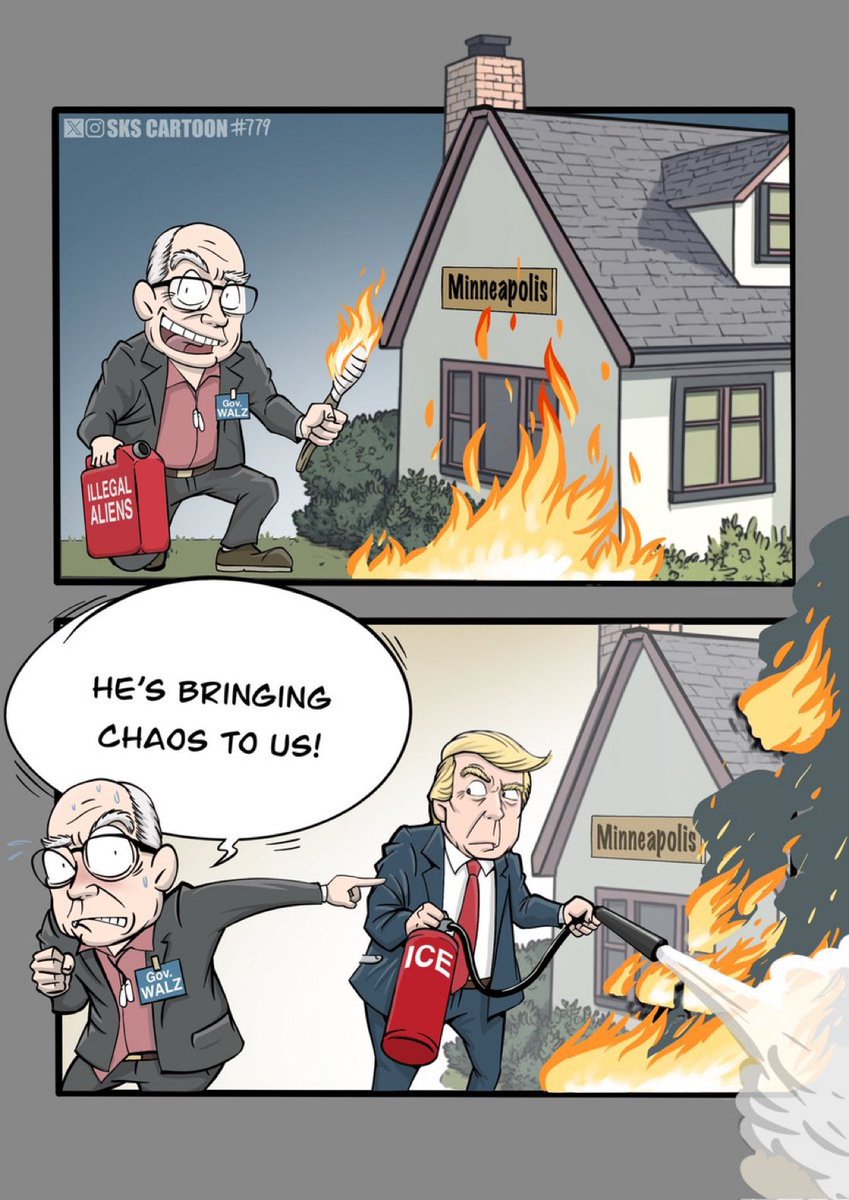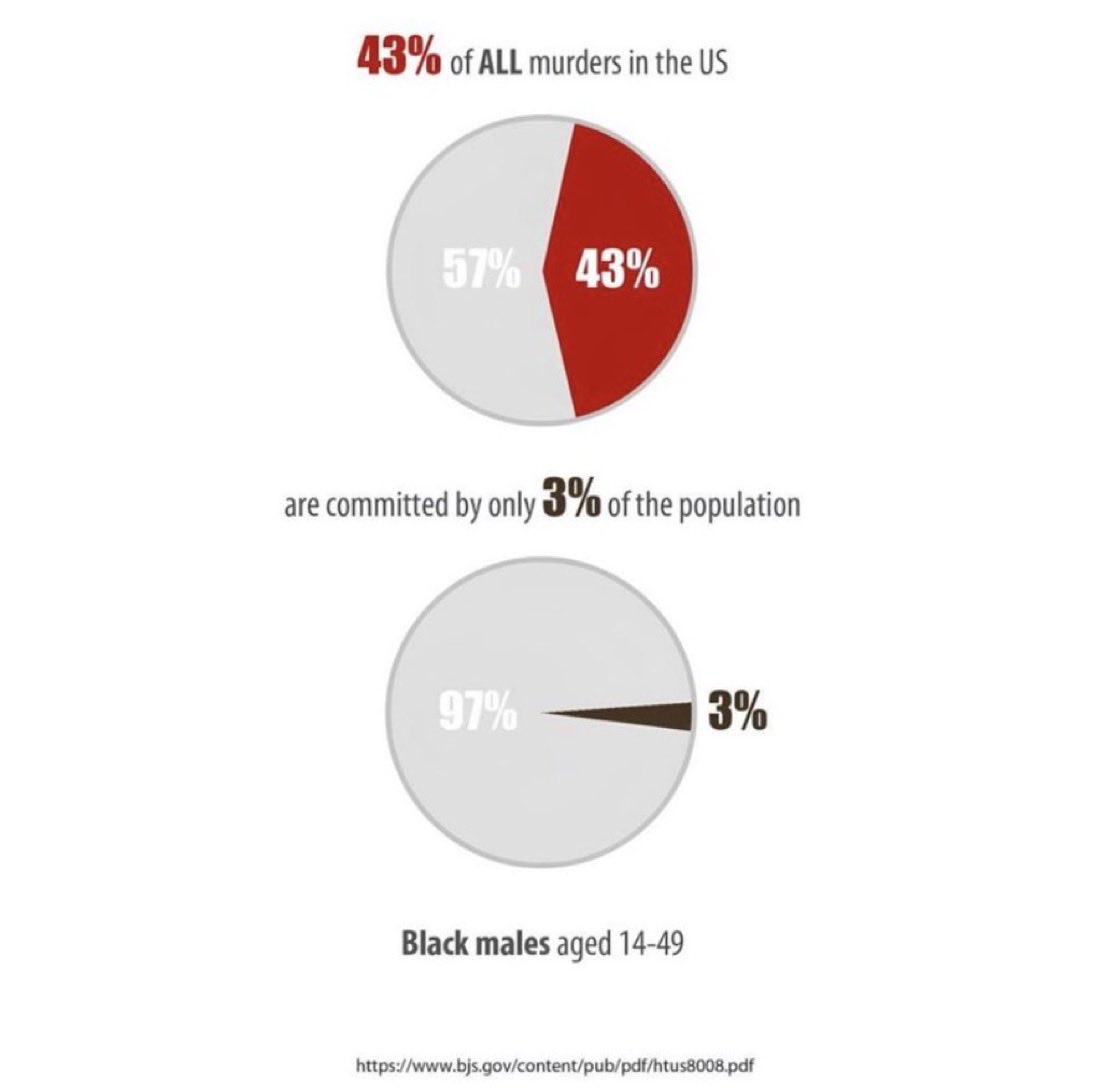CIA, FBI, NSA, DOD, DOJ, DHS, FDA, CDC are some of the most corrupt organizations ever in US history.
CIA & FBI have been used to weaponize the state. They’re helping the #DeepState and establishment to ward off anything that comes close to revealing or threatening it.
A 🧵👇
CIA & FBI have been used to weaponize the state. They’re helping the #DeepState and establishment to ward off anything that comes close to revealing or threatening it.
A 🧵👇

Here’s a prev thread on the same
https://twitter.com/DeepBlueCrypto/status/1643762892527869952
FBI whistleblower testifies under oath that FBI won’t allow 11,000+ hours of J6 footage to be released b/c it would expose UC agents committing crimes inside Capitol
Not only was J6 a Fed setup, but now it’s confirmed that FBI is also covering its tracks
Not only was J6 a Fed setup, but now it’s confirmed that FBI is also covering its tracks
F.B.I. Whistleblower, Garrett O’Boyle just ended today’s hearing with a chilling warning for future F.B.I Whistleblowers.
FBI WILL CRUSH YOU AND YOUR FAMILY. DON’T DO IT. THIS IS ALL YOU NEED TO HEAR.
FBI WILL CRUSH YOU AND YOUR FAMILY. DON’T DO IT. THIS IS ALL YOU NEED TO HEAR.
This is how shitty the FBI treats you if you don’t support their narratives
https://twitter.com/shellenberger/status/1659724975341993985
This is how shitty FBI treats their employees for not supporting their narratives
https://twitter.com/shellenberger/status/1659737632149209093
The 5-step process CIA uses to spread misinformation, lies & propaganda
https://twitter.com/bfcarlson/status/1651240178336276480
Biden says domestic terrorism is rising, but it's not. Rather, the FBI is manipulating data to demonize millions of Americans, and the media is going along with it.
FBI must be ashamed of itself.
Politicians must be ashamed of themselves.


FBI must be ashamed of itself.
Politicians must be ashamed of themselves.


Looking at the bloodwork report from George Floyd… he’s pumped up with Fentanyl… he might have been ODed




Fmr. Speaker of the House Newt Gingrich says the entire senior leadership of the FBI must be terminated due to overwhelming evidence revealing deep corruption and politicization within the organization.
SACK THE FBI COMPLETELY
SACK THE FBI COMPLETELY
Those 51 intelligence agents are nothing but intelligent. They are just sold out puppets to the weaponized establishment regime.
If you ask them to dance naked on the pentagon floor, they’ll probably do it.
If you ask them to dance naked on the pentagon floor, they’ll probably do it.

The Deputy FBI Director just admitted that the bureau intentionally attempted to cover up the Biden-Burisma bribery scandal by hiding 17 audio recordings with Joe and Hunter Biden.
FBI is corrupt to the core… Sack Em
FBI is corrupt to the core… Sack Em
Roseanne says the intelligence agencies are blackmailing people in congress, our government was overthrown with the assassination of JFK. Mossad, CIA, MI6 they are all the same thing. They spy on everybody and make sure all of them stay in line.
About the pentagon accounting error which sent additional $6.2 billion to Ukraine
The Pentagon: We don’t know where $6.2 billion went
The CIA: We don’t know where $6.2 billion went
The White House: We don’t know where $6.2 billion went
Twitter and #ConspiracyTheorists👇
The CIA: We don’t know where $6.2 billion went
The White House: We don’t know where $6.2 billion went
Twitter and #ConspiracyTheorists👇

This Whole [COVID] Thing Is Tied in With the DOD, and No One Has the Courage to Talk About It.
For Ralph Baric to do what he did [make bat coronavirus infections to human beings] with a known enemy [China] of the USA through Eco Health Alliance
For Ralph Baric to do what he did [make bat coronavirus infections to human beings] with a known enemy [China] of the USA through Eco Health Alliance
Secret service is blind
FBI, CIA, DOJ are blind
The whole Biden administration is a fucking joke and they’re blind to it.
FBI, CIA, DOJ are blind
The whole Biden administration is a fucking joke and they’re blind to it.

A list of people & things "THEY" can't locate or won't release:
1. WH cocaine culprit
2. Nashville shooter manifesto
3. Roe vs Wade SCOTUS leaker
4. J6 Pipe bomber
5. 40,000 hours of J6 video
6. Seth Rich's killer
7. Epstein client list
8. $2.3T in Pentagon transactions
9. JFK confidential files
10. MLK confidential files
11. Pentagon Nordstream blast orders
12. Missing billions paid to Wagner
…
…
…
The list goes on and on and on
…
…
…
Our intelligence agencies are either very inept or they’re all in on it.
1. WH cocaine culprit
2. Nashville shooter manifesto
3. Roe vs Wade SCOTUS leaker
4. J6 Pipe bomber
5. 40,000 hours of J6 video
6. Seth Rich's killer
7. Epstein client list
8. $2.3T in Pentagon transactions
9. JFK confidential files
10. MLK confidential files
11. Pentagon Nordstream blast orders
12. Missing billions paid to Wagner
…
…
…
The list goes on and on and on
…
…
…
Our intelligence agencies are either very inept or they’re all in on it.
CIA was running #TheFinders that kidnapped children from daycares, locked them in cages on a farm, abused and tortured them with blood rituals and sold them off like animals.
When the truth came out, they covered it up like nothing happened.
When the truth came out, they covered it up like nothing happened.
https://twitter.com/WillSaveTheKids/status/1677126676797603841
FBI doing the exact same thing as the Chinese to spread propaganda and misinformation while suppressing truth
https://twitter.com/CollinRugg/status/1679193908528701440
FBI is completely and utterly corrupt to the point of no return. Disband the FBI.
Secret Service is used to keeping secrets
- Epstein client list
- White House cocaine
- JFK, RFK, MLK files
- Epstein client list
- White House cocaine
- JFK, RFK, MLK files

Former US intelligence official David Grusch says under oath that the US government is in possession of UFOs and non-human bodies
Aliens 👽 👾
Aliens 👽 👾
Aliens 👽 👾
Aliens 👽 👾
Aliens 👽 👾
Aliens 👽 👾
• • •
Missing some Tweet in this thread? You can try to
force a refresh








































